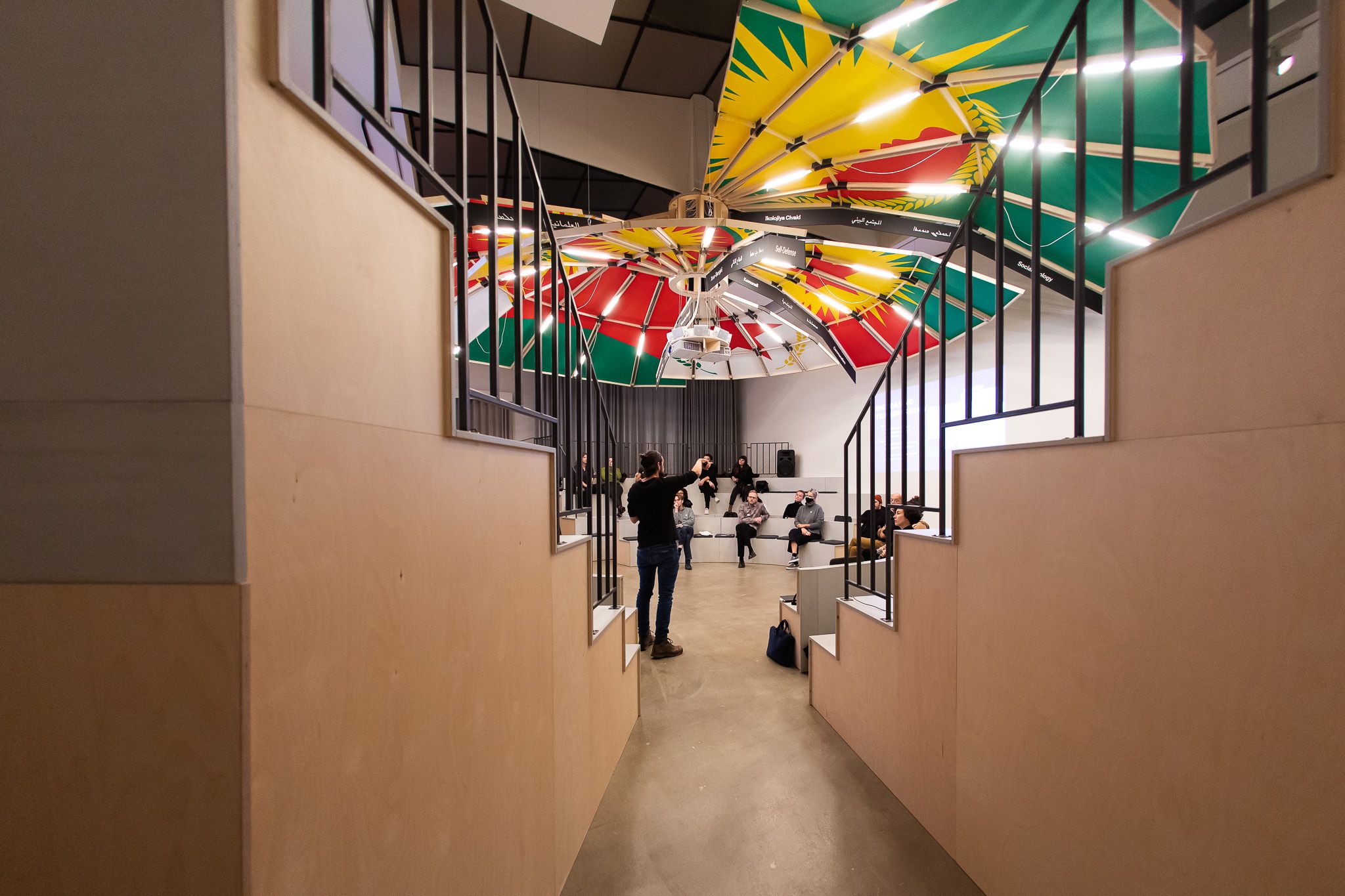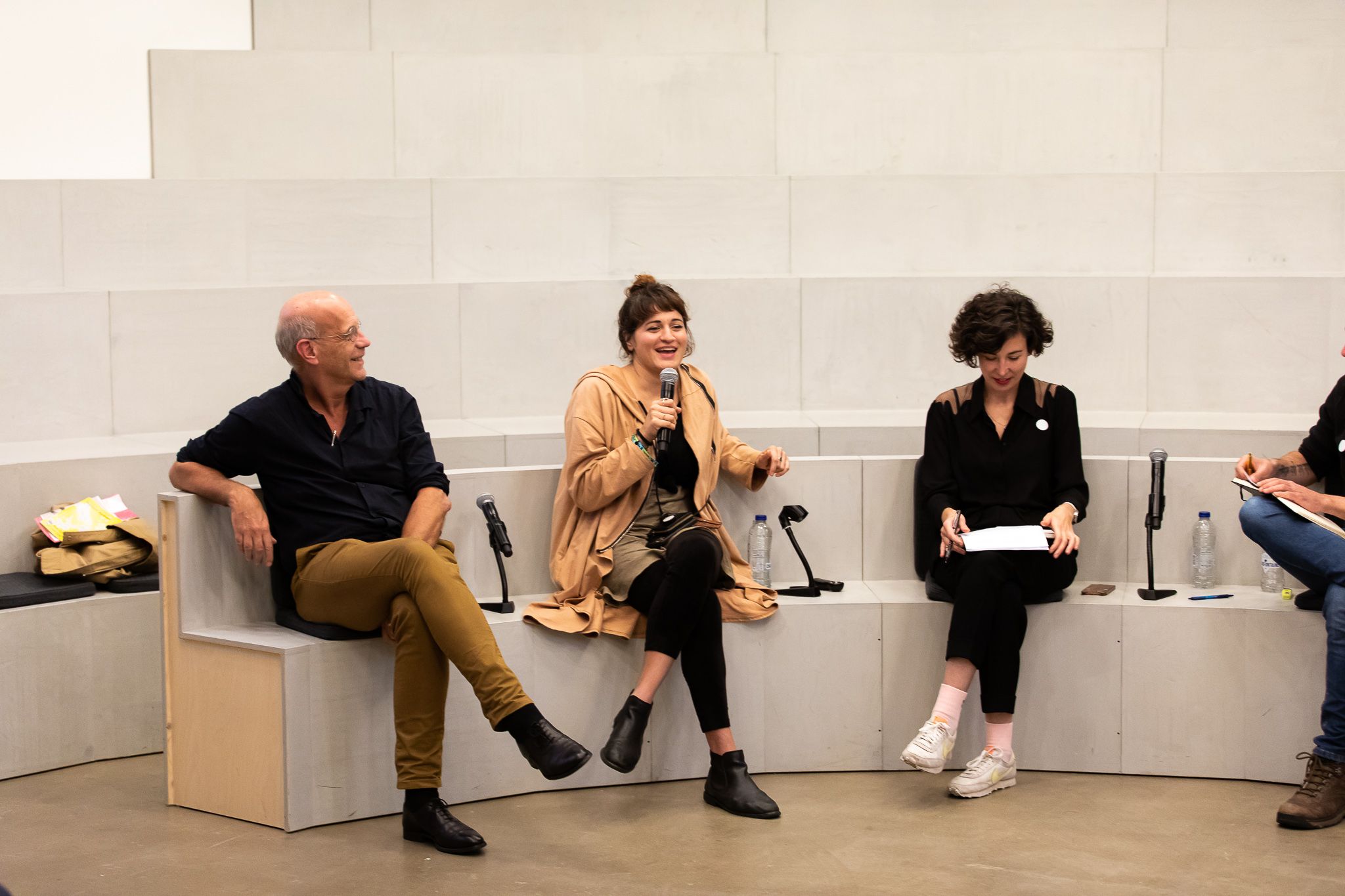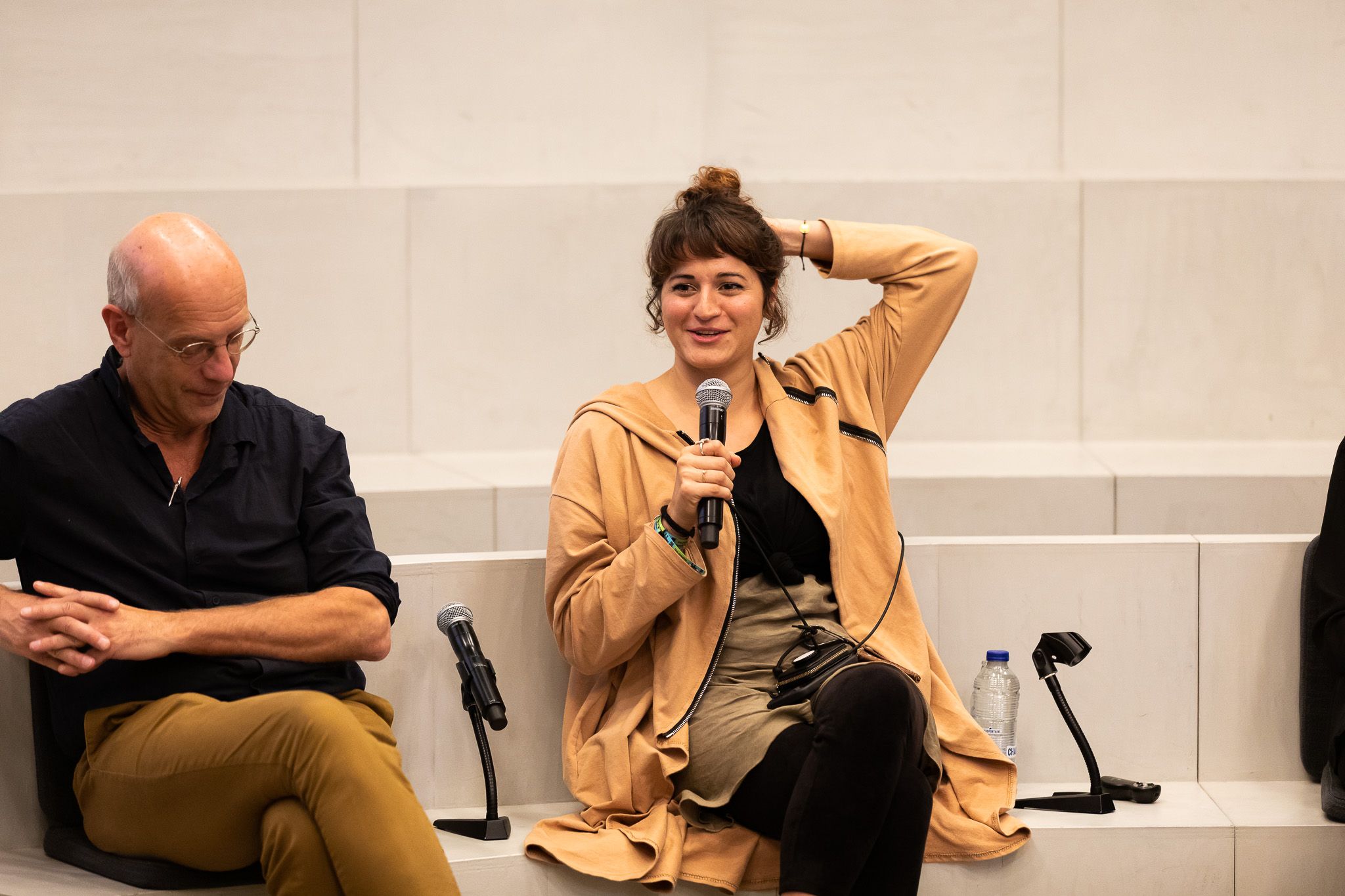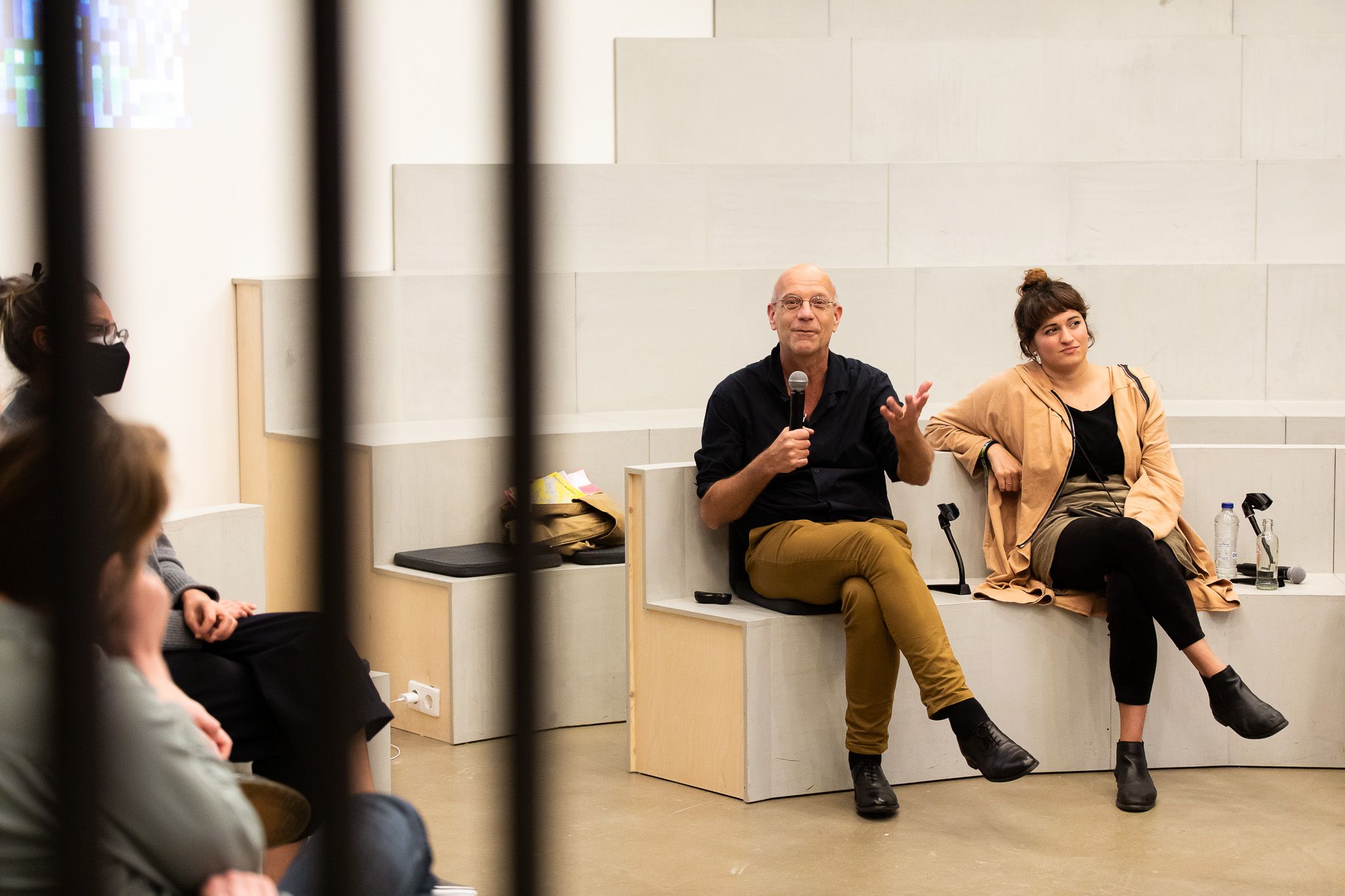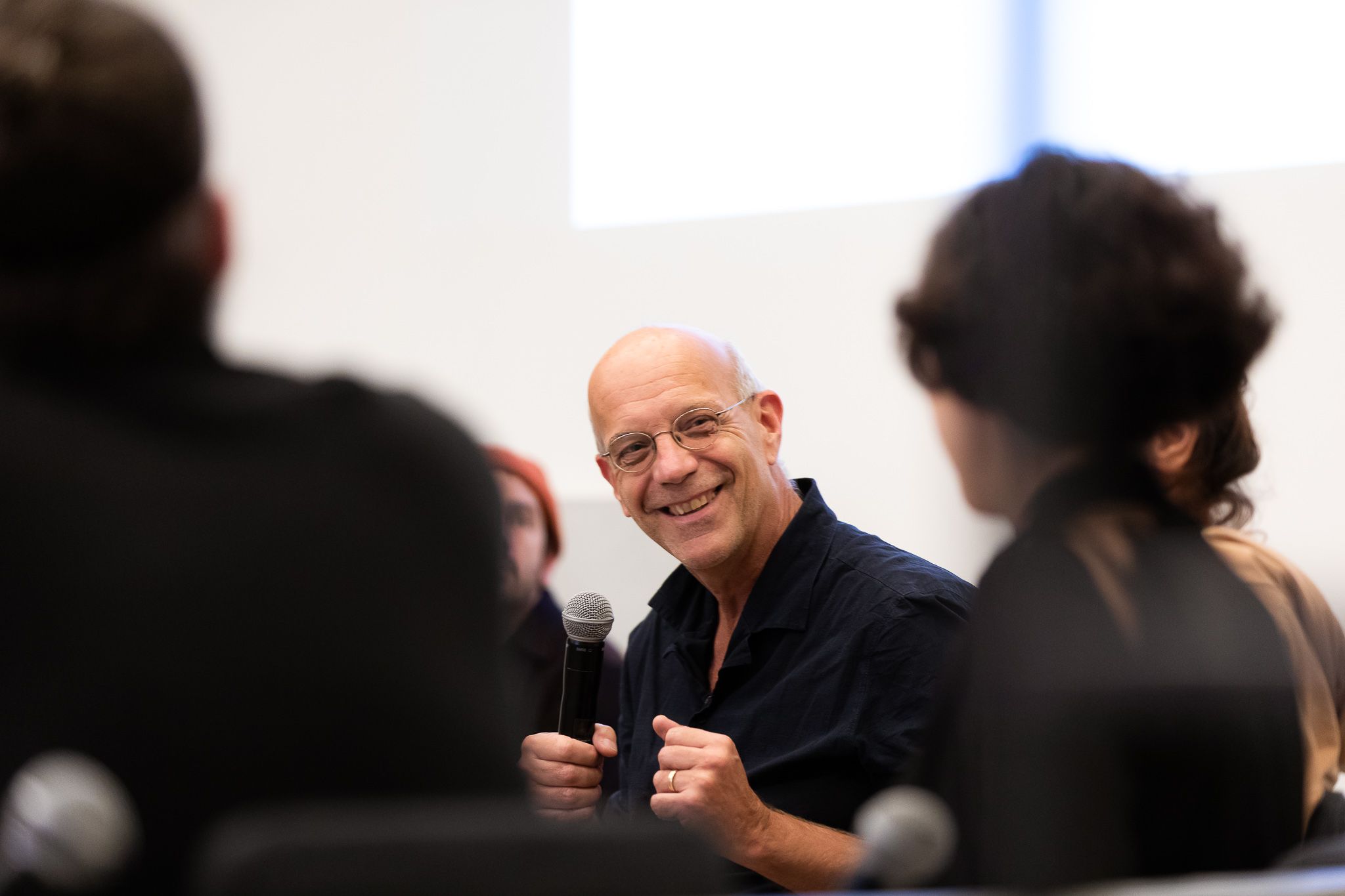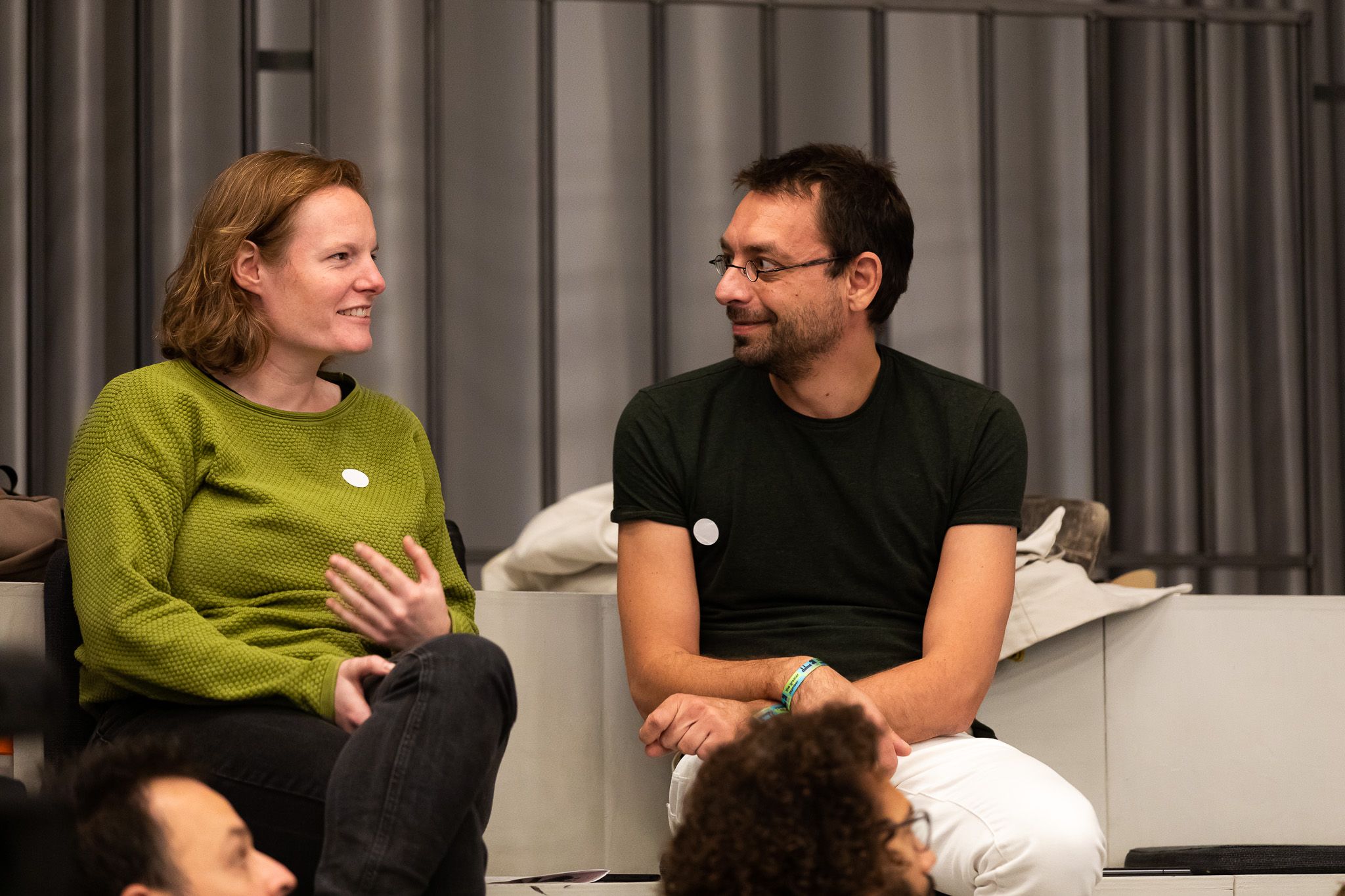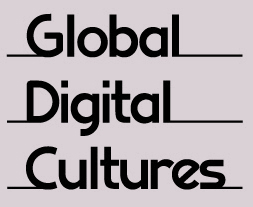Blockchains & Commons
This panel explores how blockchains can support the development of a new of self-governed, economically sustainable commons-oriented communities.
Although cryptocurrencies and NFTs overpopulate the discussions about blockchain, this panel intends to divert the conversation towards the uses in commons-oriented ecosystems. Blockchain is a highly adaptable technology, meaning that its affordances can be adjusted to fulfil any tasks and desires of the community that puts it to work. The emancipatory potential is not necessary associated either to any capitalist nor anti-capitalist framework, its plasticity can reproduce any subjectivity.
The commons, in turn, are neither private nor public, but systems, ecologies of resources, people and relations linked to the sociopolitical conditions of their time. Commoning implies practices and strategies of care, solidarity and reparation, and collaterally become acts of world(s)-building. Blockchain can function as a structure supporting commoning and, with it, help to envision the word otherwise.
The public record-keeping features are especially useful in this context, in terms of the fostering assets as commons, to regulate the community and structure its social relations. The technology can, hence, track the uses and contributions to the common pool, channel the management of routine tasks, and also makes perceptible the involvement on the social aspects that help maintaining the community, like care or social reproduction.
Through different examples, the panel introduces how blockchain can unleash social creativity, moving way from hyper-financialization to reveal the potentialities of this new generation of self-governed and economically sustainable commons-oriented communities. Precisely, it explores blockchain configurations that are at the margins of traditional economic discourses and aim to unveil vibrant new understandings of economy, politics and social relations.
Panelists
Dr. David Rozas Domingo is a social researcher (PhD in Sociology) and computer scientist (MsC and BsC in Computer Science) interested in the intersection between the technical and social aspects of technology. More specifically, his research is focussed on the use of free/libre technologies to foster the development and scaling-up of Commons-Based Peer Production communities. He is currently a postdoctoral researcher at Universidad Complutense de Madrid in the P2P Models project, in which we are exploring decentralised technologies, such as Blockchain, with the aim to provide mechanisms that facilitate more democratic and decentralised organisational processes, as well as new models of distribution of value in the context of Commons-Based Peer Production.
Dr. Geert Lovink is a media theorist, internet critic and author of Dark Fiber (2002), Zero Comments (2007), Networks Without a Cause (2012) and Social Media Abyss (2016). Since 2004 he is researcher in the Faculty of Digital Media and Creative Industries at the Amsterdam University of Applied Sciences (HvA) where he is the founder of the Institute of Network Cultures, and since 2009 he is professor at the European Graduate School (Saas-Fee/Malta) where he supervises PhD students.
Saraswathi Subbaraman is a social artist and designer working at the intersection of art, technology, and ecology. She is interested in postcapitalism, creative economics, and the rediscovery of communal agency in contemporary life. She supports Circles as project advisor and product specialist. She also is head of product at hypha, a platform for crowdfunding the commons, and co-creator of nebula.garden, a publication showcasing projects at the edge of reality.

